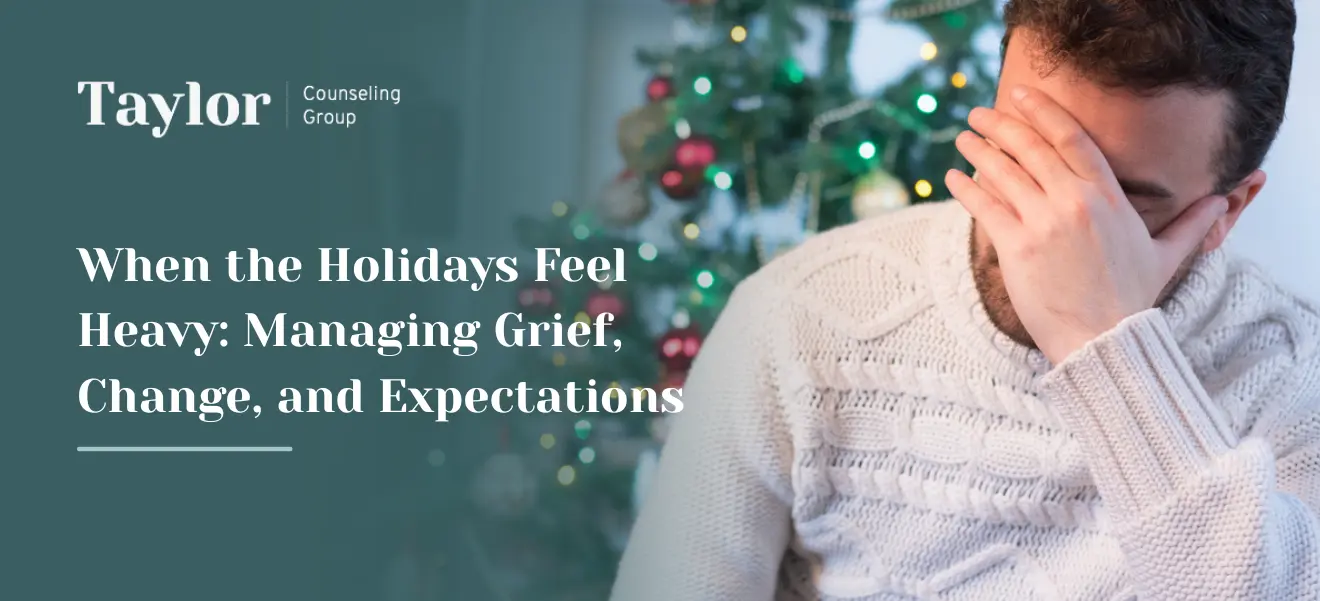Many people who experience anxiety and depression are eager to get to the other side. They want to defeat the problem and resume their life as normal. While there are many effective anxiety and depression treatments, there is no permanent cure. It’s essential to consider how to manage these conditions in a healthy way and minimize their impact on your well-being.
How to Overcome Depression and Anxiety
If you have depression or anxiety, consider taking the following steps:
- Practice acceptance: Denying the existence of symptoms or ignoring the issue will not make it go away. Neither will believing that this is something to solve once and for all. The first step is to accept that there may be anxiety or depression at play, then develop a plan of action.
- Get a proper diagnosis: A qualified therapist can help you determine whether what you are feeling is anxiety, depression or something else. Try not to self-diagnose. A professional counselor can help you evaluate whether you have situational or clinical depression or anxiety and what treatment may be best for you.
- Find a great therapist: Ask for recommendations and seek out a therapist who offers personalized care. Look for someone who makes you feel comfortable, safe and supported in a non-judgmental environment.
- Keep trying until you find your quality of life improving: Stay open to trying the exercises and ideas that your therapist suggests. It’s completely normal to feel self-conscious at first, especially if you’ve never gone to therapy before or have struggled with symptoms for many years. Try to stay open-minded, be honest with your therapist and keep trying new strategies until you experience improvement.
- Take care of yourself: In addition to attending therapy sessions, practice self-care. Try to adopt a healthy sleep schedule, eat nutritious food, practice an exercise routine and maintain a good support network. Healthy habits help you build on the hard work you’re doing in therapy.
- Don’t stop therapy as soon as you start improving: Even if you start to feel better after a few sessions, it’s important to keep scheduling appointments and attending therapy. Talk to your therapist about the progress you feel you’re making so you can continue to work on improving your mental health one step at a time.
Can You Overcome Anxiety and Depression Without Medication?
Medication is only one of many avenues toward overcoming symptoms of depression or anxiety. In fact, many patients may want to manage their symptoms without medication. In some cases, they may have concerns about the side effects or worry about costs.
If your therapist suggests medication, ask many questions. Find out about the expected results of the medication and the effectiveness, alternatives and side effects. If price is a concern, mention that. You can also always seek a second opinion before taking medication.
Get in Touch With Taylor Counseling Group Today
If you would like to speak to a therapist about treatment for anxiety and depression, schedule an appointment at Taylor Counseling Group today. We offer a variety of counseling services at multiple Central Texas locations.
Related Articles & Resources:
- How to Calm Your Anxious Mind
- How to Reverse the Anxiety Cycle
- How to Make Friends When You Have Social Anxiety
- What’s the Difference Between an Anxiety Attack and a Panic Attack?
- Anxiety Counseling in Texas






